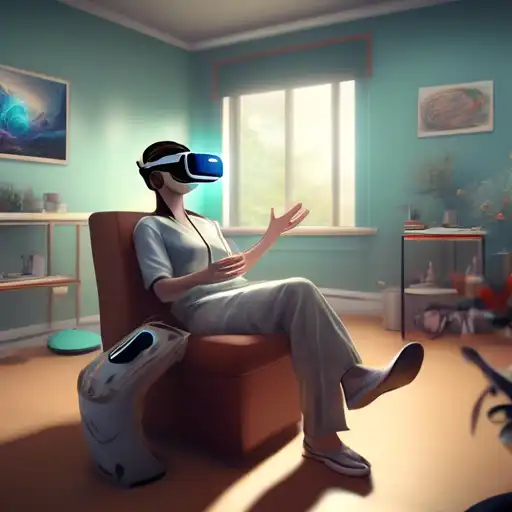The Transformative Role of Virtual Reality in Therapeutic Practices
Virtual Reality (VR) technology has transcended its initial entertainment-centric applications, paving the way for groundbreaking uses in therapy. This immersive technology is now being leveraged to treat a variety of psychological and physical conditions, offering patients and therapists innovative tools for healing and rehabilitation.
Understanding VR Therapy
VR therapy involves the use of virtual reality simulations to create controlled environments where patients can confront and work through their issues under the guidance of a therapist. This method has shown remarkable efficacy in treating conditions such as PTSD, anxiety disorders, and phobias.
Applications of VR in Therapy
The applications of VR in therapy are vast and varied. Below are some of the key areas where VR is making a significant impact:
- Exposure Therapy: VR allows patients to face their fears in a safe, controlled setting, making it an ideal tool for exposure therapy.
- Pain Management: Through distraction and immersion, VR has been effective in reducing perceived pain levels during medical procedures.
- Rehabilitation: Stroke victims and individuals with physical injuries are using VR to regain motor skills and improve coordination.
- Mental Health: VR is being used to treat depression, anxiety, and other mental health conditions by providing immersive experiences that promote relaxation and mindfulness.
The Benefits of VR Therapy
VR therapy offers numerous benefits over traditional therapeutic methods. It provides a safe environment for patients to explore their issues, allows for customizable scenarios tailored to individual needs, and can be more engaging and motivating for patients. Furthermore, VR therapy can be conducted remotely, making mental health care more accessible to those in remote areas or with mobility issues.
Challenges and Considerations
Despite its potential, VR therapy is not without its challenges. The cost of VR equipment and the need for specialized training for therapists can be barriers to widespread adoption. Additionally, there are concerns about the long-term effects of VR use and the need for more research to fully understand its efficacy across different conditions.
Looking Ahead
As VR technology continues to evolve, its applications in therapy are expected to expand, offering even more innovative solutions for mental and physical health care. With ongoing research and development, VR therapy has the potential to revolutionize the way we approach treatment and rehabilitation.
For more insights into the latest advancements in therapeutic technologies, explore our technology section.
